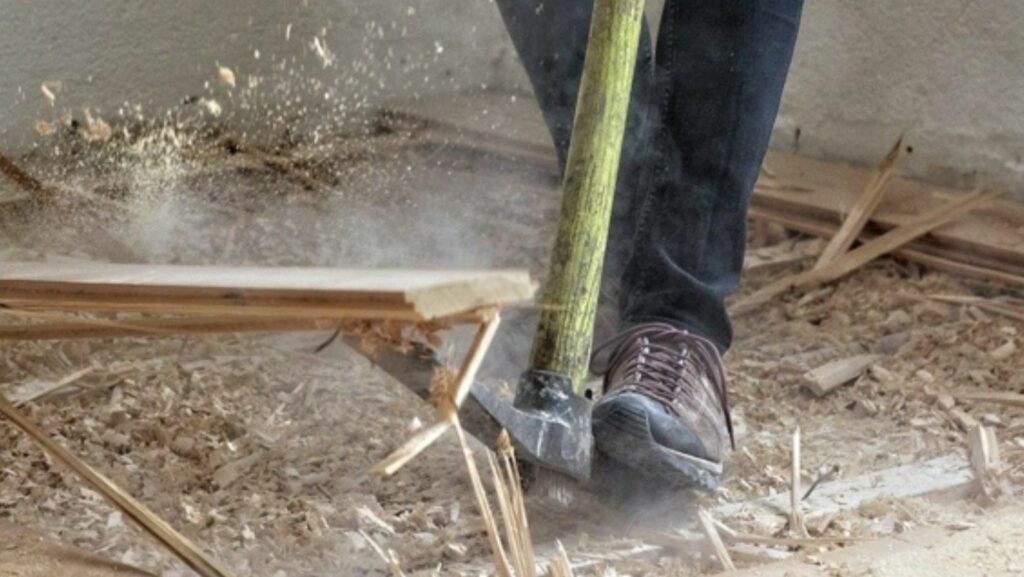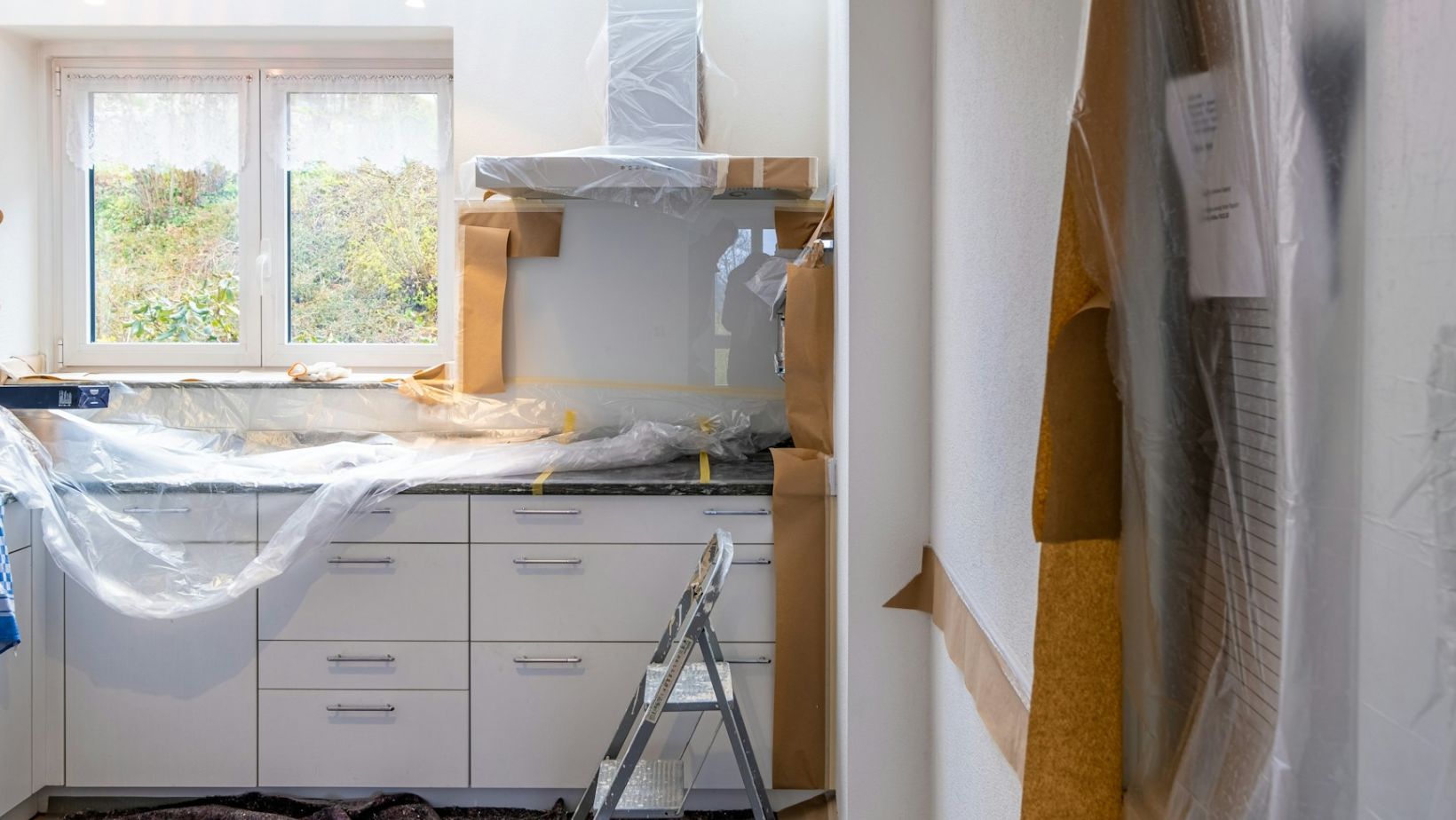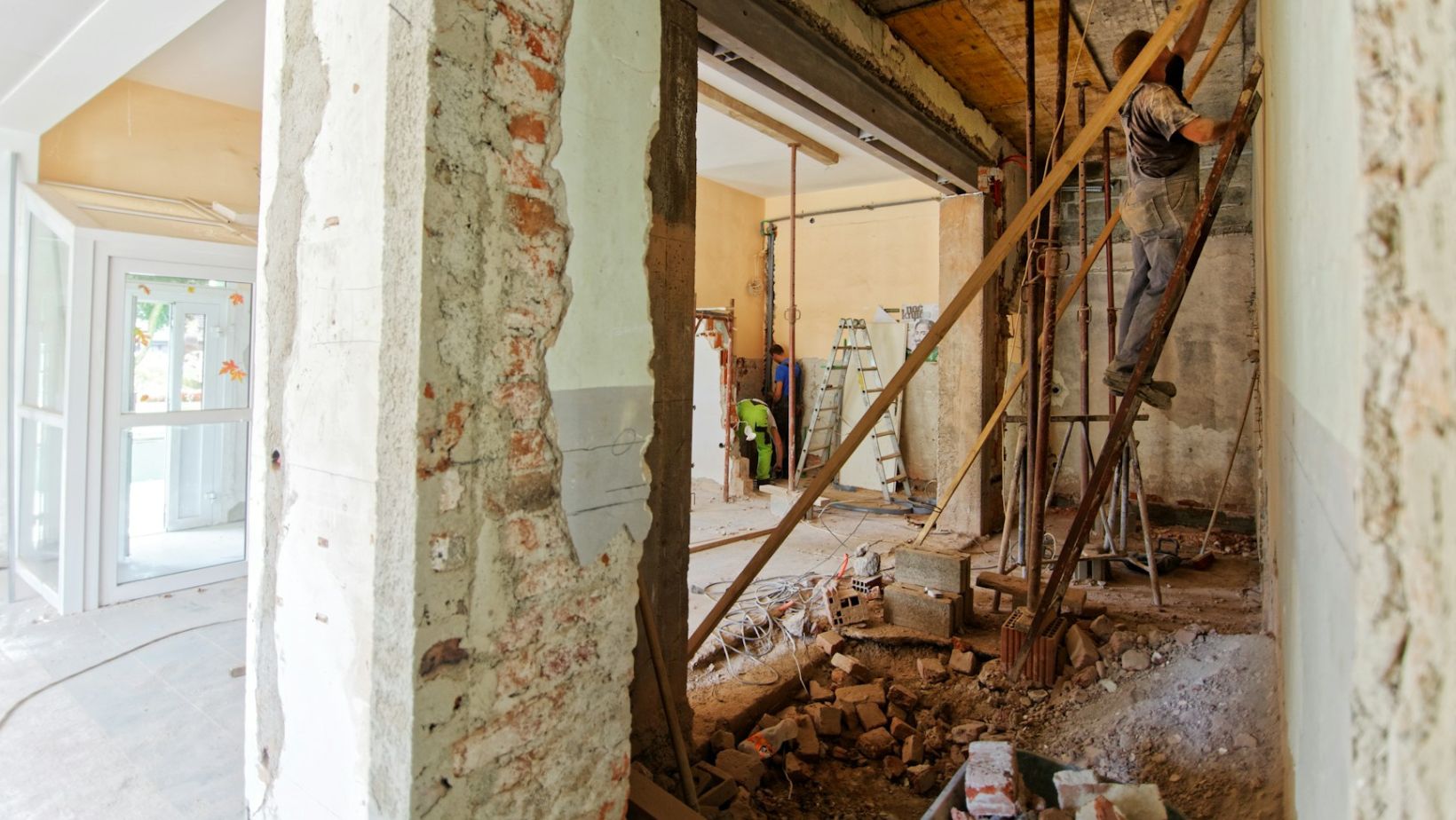Simple Tips for Hassle-Free Home Renovation Waste Management

- Plan ahead by assessing your renovation project and creating a waste management plan.
- Sort and segregate waste into recyclable, non-recyclable, hazardous, and reusable categories.
- Recycle and reuse materials to reduce waste and save money.
- Safely handle and dispose of hazardous waste according to local regulations.
Home renovation projects can be exciting and transformative, but they often come with a significant amount of waste. Managing renovation waste efficiently is crucial to keep the project running smoothly and to minimize the environmental impact. However, dealing with piles of debris, old materials, and hazardous substances can be challenging. This blog will provide you with simple and practical tips to manage home renovation waste hassle-free, ensuring your project stays organized and eco-friendly.
Planning Ahead
The first step in hassle-free renovation waste management is planning ahead. Assess the scope of your renovation project to estimate the types and quantities of waste you’ll generate. Knowing what to expect allows you to create a detailed waste management plan. This plan should include designated areas for different types of waste, schedules for waste removal, and contact information for local disposal services. By having a clear plan, you can prevent waste from piling up and creating a chaotic work environment.
Sorting and Segregating Waste
Sorting and segregating waste materials is essential for efficient disposal and recycling. Set up separate bins or areas for different categories of waste: recyclable, non-recyclable, hazardous, and reusable. Label these bins clearly to avoid confusion.
Common recyclable materials include metals, plastics, glass, and paper. Non-recyclable waste can go to the landfill, while hazardous waste, such as paint and solvents, requires special handling. Reusable materials, like bricks or wooden beams, can be repurposed in other projects or donated to local organizations.
Recycling and Reusing Materials
Recycling and reusing renovation materials can significantly reduce waste. Identify recyclable items such as metals, plastics, and glass. Clean and prepare these materials according to your local recycling guidelines. For instance, remove nails and screws from wood, and rinse out containers before recycling them. Reusing leftover materials is another effective way to manage waste. Be creative—old tiles can become garden paths, and wooden planks can be turned into furniture. By recycling and reusing, you not only cut down on waste but also save money on new materials.
Disposing of Hazardous Waste
Home renovations often involve hazardous waste like paint, solvents, and old batteries. Handling these substances safely is crucial to protect your health and the environment. Store hazardous waste in sealed, labeled containers away from living areas and food storage. Research local regulations for hazardous waste disposal, as many communities have specific drop-off sites or collection events. Never dispose of hazardous materials in regular trash bins, as this can cause environmental contamination and pose risks to waste management workers.
Renting a Dumpster or Skip
For larger renovation projects, renting a dumpster or skip can simplify waste management. Dumpsters provide a convenient place to collect and store waste until it’s ready for disposal. When choosing a dumpster, consider the size and type that best suits your project’s needs. A small bathroom remodel may only require a small dumpster, while a whole-house renovation might need a larger one. Place the dumpster in a location that’s easily accessible but doesn’t obstruct work areas or neighbor access. Efficient use of the dumpster, such as breaking down large items and filling them strategically, will help you maximize space and reduce costs.
Hiring Professional Waste Removal Services
If managing renovation waste feels overwhelming, consider hiring professional waste removal services. These companies can handle everything from sorting and recycling to hazardous waste disposal. When choosing a service provider, look for one that is licensed, insured, and has positive customer reviews.
Compare costs and benefits to find the best fit for your project. While professional services might come at a higher cost, they can save you time and effort, allowing you to focus on the renovation itself.
Conclusion
Efficient home renovation waste management is crucial for a smooth, eco-friendly project. By planning ahead, sorting and segregating waste, recycling and reusing materials, safely disposing of hazardous waste, renting a dumpster, and considering professional services, you can significantly reduce the hassle associated with renovation waste. Implement these strategies to keep your renovation site organized and sustainable, contributing to a cleaner environment and a more enjoyable renovation experience.



 Troubleshooting a Garage Door Opener That Won’t Respond
Troubleshooting a Garage Door Opener That Won’t Respond  The Future of Energy: Innovations and Trends Shaping the Industry
The Future of Energy: Innovations and Trends Shaping the Industry  Seven Key Factors to Consider When Choosing a Floating Pond Fountain
Seven Key Factors to Consider When Choosing a Floating Pond Fountain